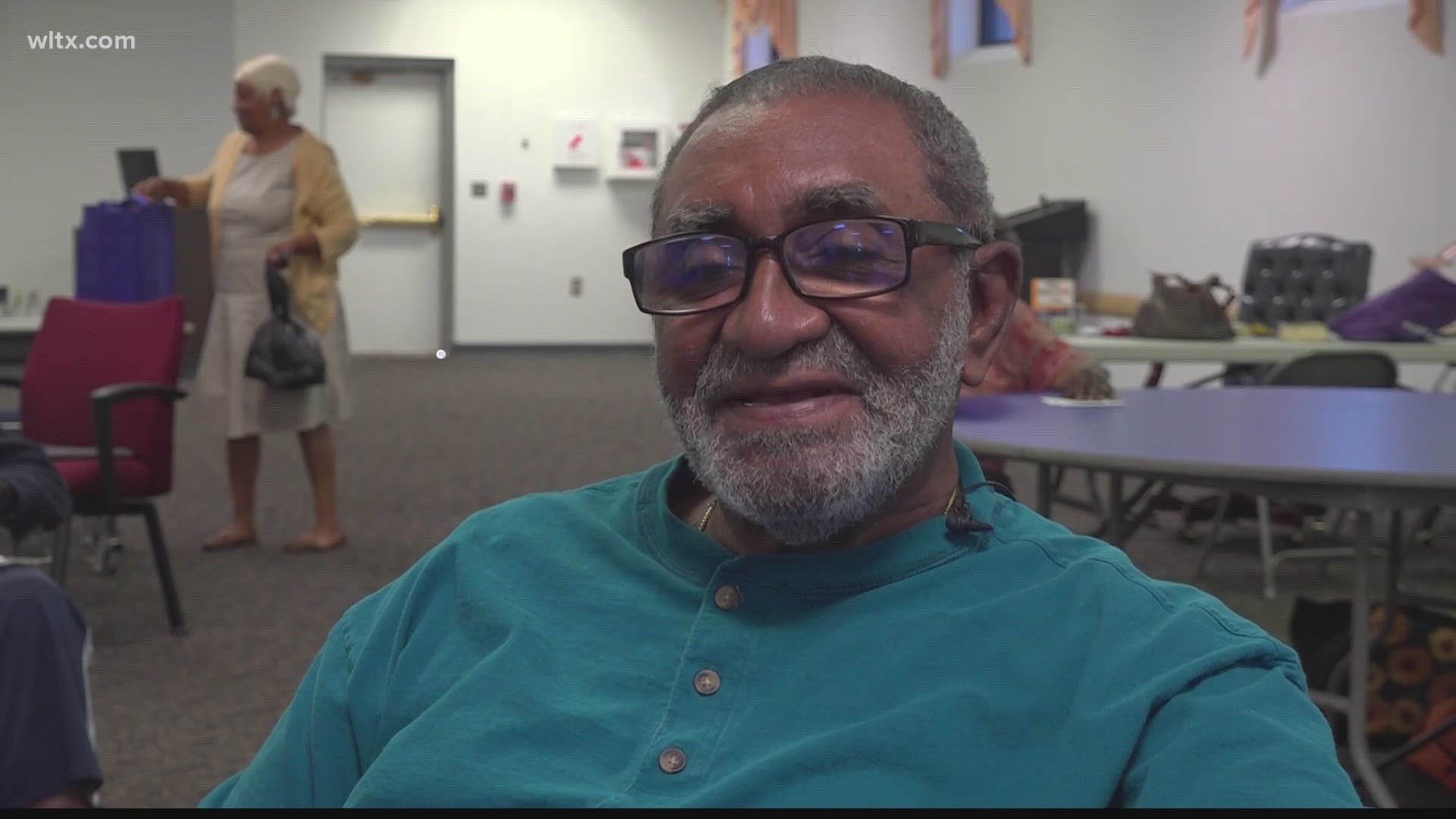COLUMBIA, S.C. — Helping combat social isolation in older adults is the goal of a new report issued by the South Carolina Institute of Medicine and Public Health (IMPH) with the South Carolina Department of Aging. The groups conducted a study where they met with subject matter experts and senior citizens to find out about the effects of social isolation on the elderly community.
"I get up in the morning and I sit on my porch while I suck in that morning air and wait for that bus," Charles Brooks explains about his morning routine.
Brooks relies on transportation from the non-profit Senior Resources every weekday so he can get to the Cecil Tillis Center to connect with other senior citizens across the community.
"It’s part of my wellness and my independence, which I cherish very much, to be able to come here and perform various exercises," Brooks shares.
IMPH has published recommendations on how to help other seniors like Brooks combat social isolation.
"Social connection is very linked to our health and I think when we think of social connection as a health determinant, we typically think of the mental health benefits of social connection, but there’s also innumerable physical health benefits," Maya Pack with IMPH says. "And the research indicates that being isolated can have the same impact on your overall physical health as smoking 15 cigarettes a day and when we’re talking about what makes our state healthy or unhealthy, social isolation and connection need to become part of that conversation."
According to Pack, the population of older adults throughout South Carolina is increasing as people move here to retire.
"Our state has to be more equipped to handle the volume of older adults that reside here," Pack shares.
Recommendations include: developing funding models to increase programming, forming a coalition focused on combating social isolation in older adults, collecting more data, helping the elderly become more digitally literate and increasing access to transportation for senior citizens.
"This report is going to basically fill in the gaps for what we’re looking at in our five year plan," Connie Munn with the South Carolina Department on Aging details.
Munn says this will be helpful to look at state funding to see how it can best serve the older population, who Brooks says is struggling with being alone.
"That’s torture really. You know? What do you do when you’re in isolation," Brooks tells me. "That’s gruesome."
But knowing agencies are focused on how to help is giving Brooks hope.
"It’s a healthcare aspect and redefining it as that means that there needs to be additional resources that we should employ to our communities for folks who might find themselves aging in place and sadly alone," State Representative Chandra Dillard explains.
According to the executive summary from IMPH, nearly one quarter of community-dwelling Americans over the age of 65 are considered to be socially isolated.

